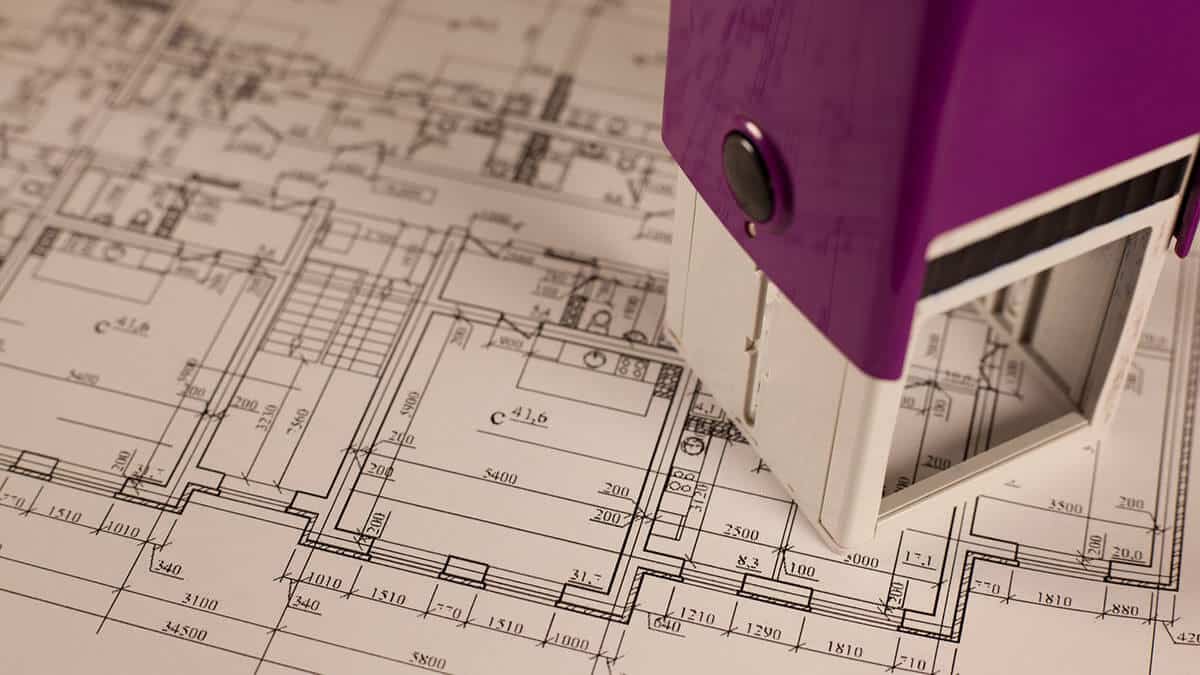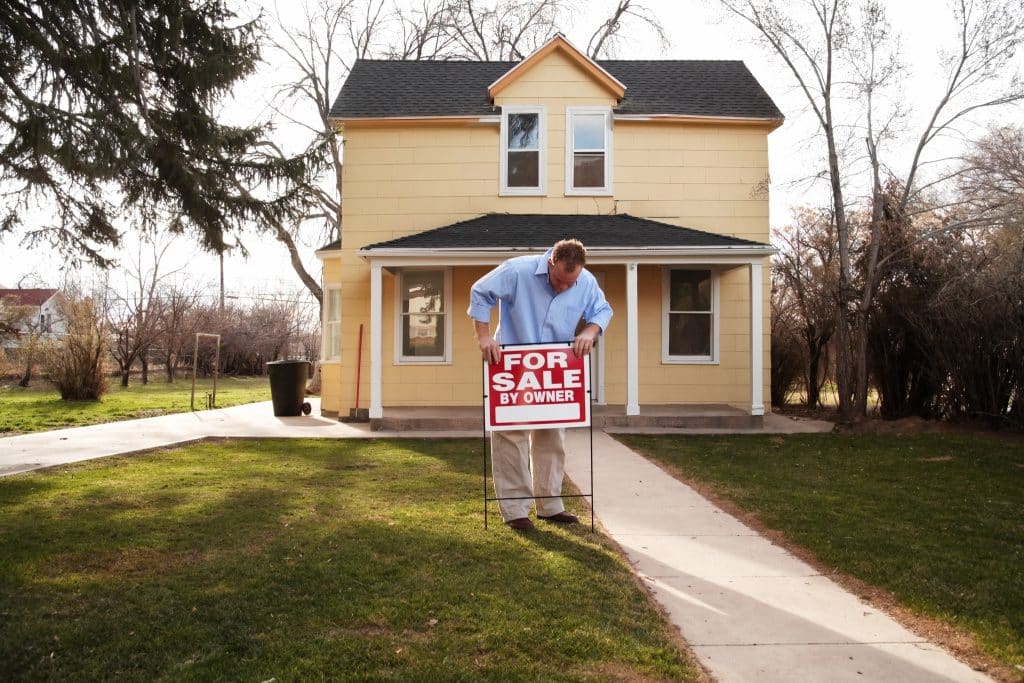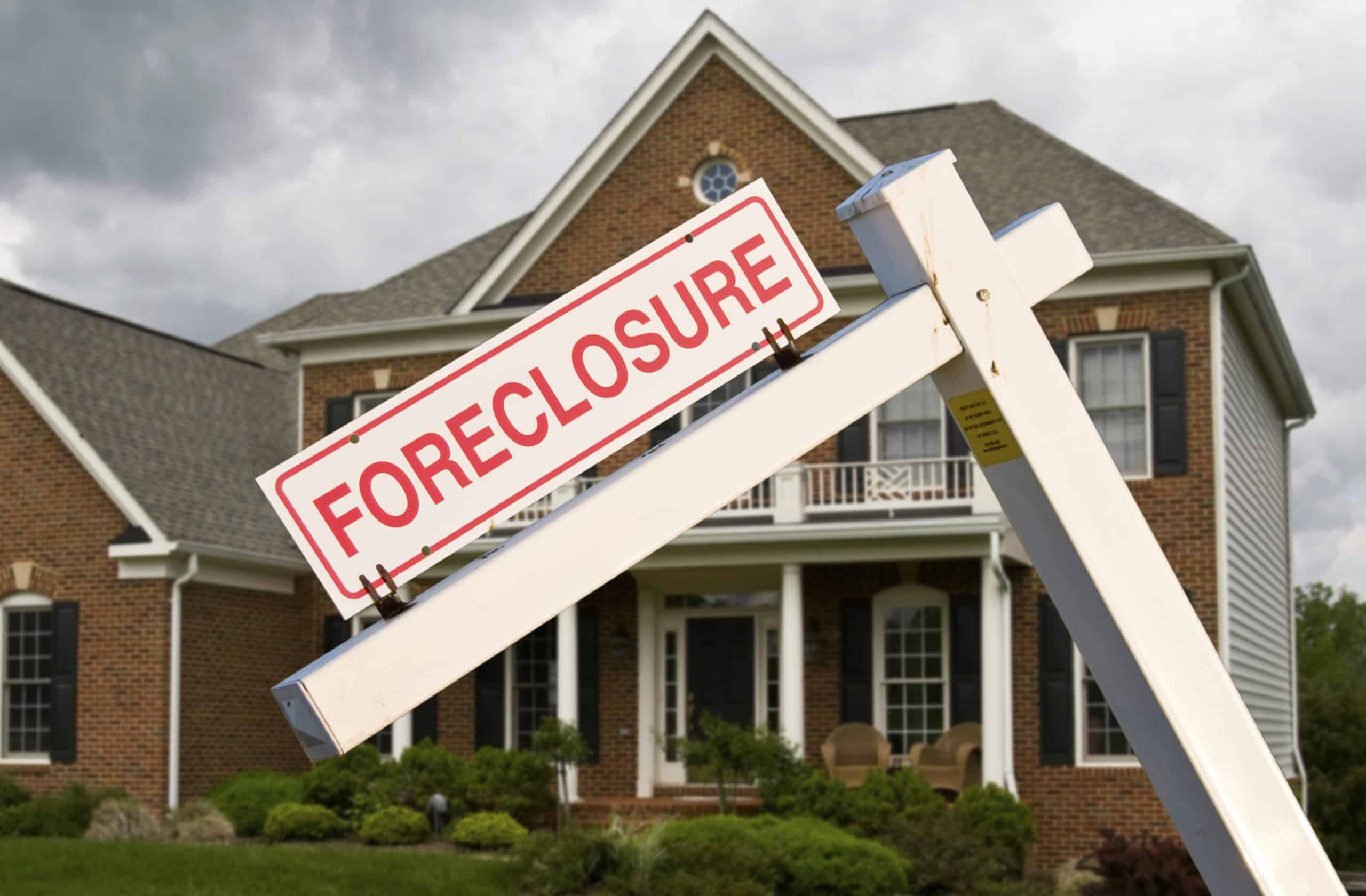
How to Legalize Unpermitted Work When Selling Your House

Undertaking construction or renovations without obtaining necessary permits from local government agencies can lead to unpermitted work on your property. This unpermitted work can become a significant issue, especially when selling a house.
Numerous homeowners opt for unpermitted work on their homes, driven by the notion of personal ownership and the belief that they have the autonomy to make decisions regarding their property. However, not obtaining the necessary permits can potentially raise concerns during home inspections, leaving you susceptible to legal actions or significant financial losses on a potential sale. Some homeowners might be unaware of the requirement for permits for certain types of work or might not realize that previous owners had carried out unpermitted modifications.
While it’s a common scenario for homes to feature unpermitted work, it’s essential to be well-informed if you’re planning to sell your house. Failing to disclose such work or take appropriate steps to address it could lead to severe legal and financial repercussions. In this comprehensive guide, we will explore the ramifications of having unpermitted work, the options available to rectify the situation, and how to proceed when selling a house with such work.
Understanding Unpermitted Work
Unpermitted work on a property refers to any construction or remodeling done without obtaining the required permits from local government authorities. This could be work done by previous homeowners or even attempted by the current property owner. Understanding the implications of unpermitted work for your safety and when selling the house is essential.
When a property has undergone alterations or additions without the necessary permits, it can lead to many problems. Here are some critical aspects related to unpermitted work:
- Legality and Compliance. Carrying out work without proper permits is illegal in most jurisdictions. Permits are in place to ensure that construction or renovations comply with local zoning laws and safety regulations.
- Safety Concerns. Unpermitted work might not meet the required safety standards. This can pose significant risks to the inhabitants of the house and neighbouring properties.
- Insurance and Liability. Unpermitted work can impact your insurance coverage. In case of accidents or damages related to the unpermitted work, the insurance company might deny claims.
- Resale Complications. The process can be challenging when selling a house with unpermitted work. Buyers and lenders are often wary of unpermitted work, potentially affecting the sale price and financing options.
Identifying Unpermitted Work
In order to determine if there’s unpermitted work in your home, you can start by checking with your local building department. Obtain the building plans and cross-reference them with your property’s current layout and design. Discrepancies may indicate unpermitted alterations or additions.
Additionally, unpermitted work can encompass a range of alterations, including electrical work done without a permit by a previous owner, finishing a basement without a permit, or even attempting to remodel a house without the necessary permits.
Dealing with Unpermitted Work
If your home has unpermitted work, there are several options to consider before selling the house:
Option 1. Eliminate Unpermitted Work
Removing the unpermitted work is a laborious and costly option. It involves reversing any alterations or additions that were not authorized through permits. While challenging, this can bring the property up to code, avoiding issues during the sale. For instance, if a previous owner added a new room without a permit, dismantling the construction and restoring the original state might be necessary.
Option 2. Retroactive Permit
You may opt to seek a retroactive permit, making the unpermitted work officially authorized. However, this process can be time-consuming and may require further modifications to comply with local building codes. Consulting a contractor for an estimate is advisable. Seeking a retroactive permit is essential for legalizing the unpermitted work, especially if the work involves significant aspects like a finished basement without a permit.
The process of obtaining a retroactive permit involves inspection by the local building department. An inspector will assess the work and ensure it aligns with the local building codes. Adjustments or modifications might be necessary to meet the requirements depending on the extent of the alterations.
Option 3. Selling Your Home In Its Current Condition
Another option is to sell the home in its current condition. However, when selling a property with unpermitted work, it’s essential to comply with legal requirements and disclose all prior unpermitted modifications to potential buyers. Being transparent about the alterations made to your home is likely to enhance buyer satisfaction, especially for smaller projects. For more extensive projects, adjusting the listing price of your home to reflect these issues might be necessary.
As mentioned earlier, lenders tend to be cautious about granting loans for homes with unpermitted work due to the increased risk. This factor should be taken into consideration when determining the market value of the home. Additionally, individuals purchasing a home with unpermitted work should prioritize safety measures. Improperly permitted work may mean certain areas of the home do not meet safety codes, posing potential risks for the occupants.
Key Takeaways to Sell Your Home with Unpermitted Work
Selling a property with unpermitted modifications can have implications on insurance costs. If certain elements of the property don’t meet the required codes, insurance premiums might be notably higher. Additionally, it’s crucial to recognize that when someone purchases a property in its current condition, they inherit full responsibility for any unpermitted work once the sale is complete.
However, there’s a possibility of legal action if the buyer sustains injuries due to the unpermitted work. If the initial modifications didn’t comply with local building codes and resulted in the buyer’s injury, the previous homeowner might be held accountable for the injuries and the associated medical expenses. Incurring heavy fines and covering the costs of reversing or bringing the work up to code are major penalties linked with unpermitted work, aside from the potential legal consequences.
Though many homeowners seek to avoid the often lengthy process of obtaining permits for construction or renovations, acquiring the necessary permits can prevent future issues related to unpermitted work. Properly permitted work helps maintain or even increase the resale value of your home, which is a preferable outcome compared to the alternative.







